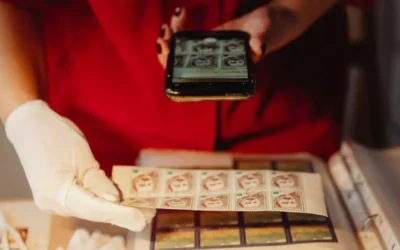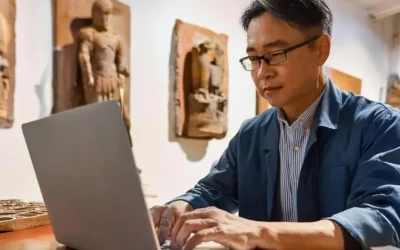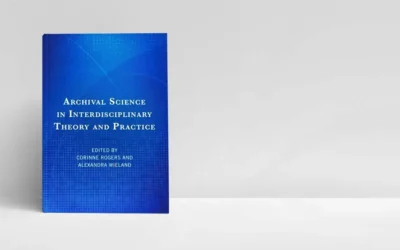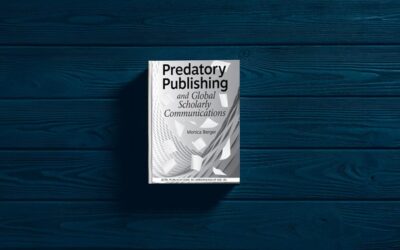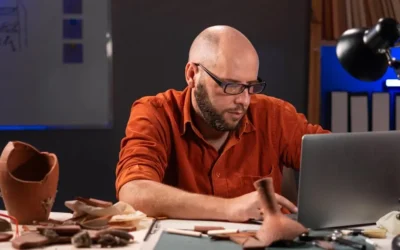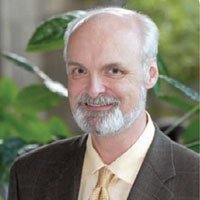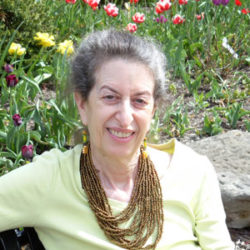Think Clearly Blog
Think Clearly Blog
- Blog Categories
- Special Libraries
- Knowledge Management
- Museums
- Archives

Archival Accessioning: A Foundational Process for Well-Managed Archives
Accessioning is the critical first step in managing archival collections, ensuring that newly acquired materials are formally accepted, documented, and integrated into a repository’s holdings. This essential process lays the groundwork for preservation, organization, and future access.

Recommended AI Literacy Frameworks for Special Librarians
These frameworks provide insights and approaches to help you determine the best ways to address build and promote AI literacy in your specific context.

Archival Appraisal and Selection: Balancing Present Needs and Future Value
Archival selection determines which records should be retained for long-term preservation. The process focuses on the practical aspects of deciding what to keep and discard based on the archives’ mission, user needs, and the potential research value of the records.

Lucidea’s Lens: Knowledge Management Thought Leaders Part 95 – Matt Moore
Matt Moore is a project/program manager, blogger, presenter, webinar host, and deep thinker. He has worked in the knowledge management field for over 20 years.
5 Best Practices for Personal Digital Archiving
Archivists have developed best practices for organizing and maintaining personal digital archives, safeguarding digital legacies for future generations.
36 Examples of How AI Can Support KM Processes
Artificial Intelligence (AI) can augment human knowledge work by automating time-consuming and difficult tasks.
How to Enhance the Museum Object Record with Immediately Available Information
This month’s series focuses on the enhancement of museum object data using “hidden” troves of information. Hidden is in quotes because the information exists and often is not hidden—it just hasn’t been gathered for inclusion in the museum Collections Management System (CMS).
Interview with the Editors: Wieland and Rogers on Interdisciplinary Archival Science
Alexandra Wieland and Corinne Rogers co-edited Archival Science in Interdisciplinary Theory and Practice. My interview with them is below.
The Importance of Personal Digital Archiving (Plus Steps to Get Started)
Archivists often help individuals manage and preserve digital files of personal significance.
Lucidea’s Lens: Knowledge Management Thought Leaders Part 88 – Gary Klein
Gary Klein is President of ShadowBox LLC. He pioneered the Naturalistic Decision Making (NDM) movement and helped initiate the new discipline of macrocognition.
Where the Gaps Live with Traditional Museum Object Cataloging
Standard museum cataloging leverages the usual set of fields that are considered best practice. We tend to refer to this information as “the tombstone information,” meaning it is clear and concise in communicating the “need to know” information.
Interview with the Author: Monica Berger on Predatory Publishing
Predatory publishing is a concern in all areas of librarianship. In special libraries, librarians work with experts in various fields. It is vital that special librarians understand the sector-relevant publishing landscape, and which publications maintain academic integrity.
Archival Leadership in the Digital Age
Leadership should take center stage in the archival profession. The essence of leadership lies in embracing change and fostering innovation.
